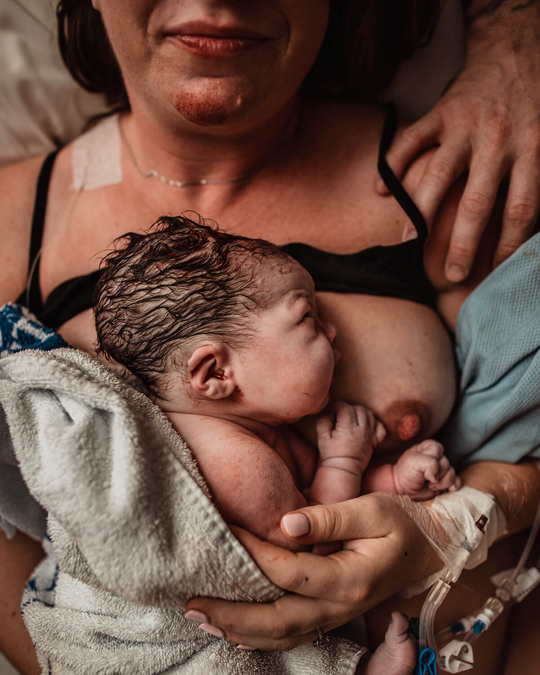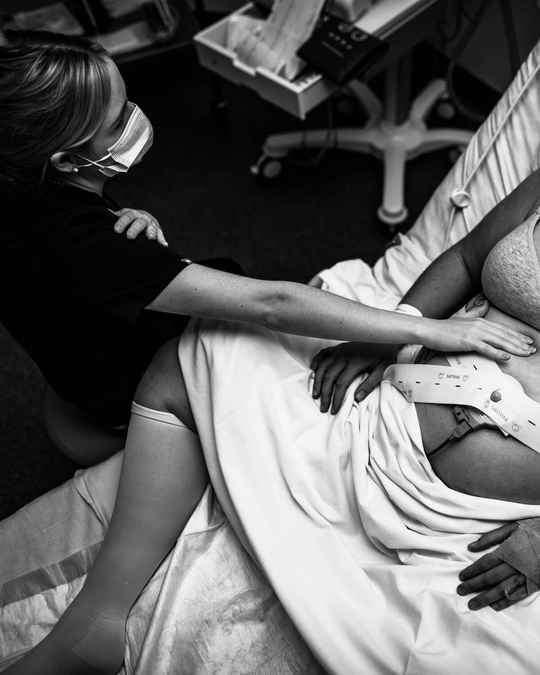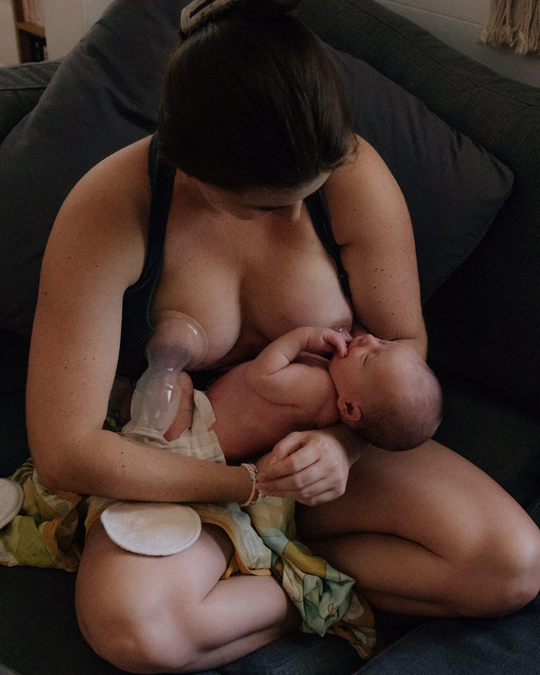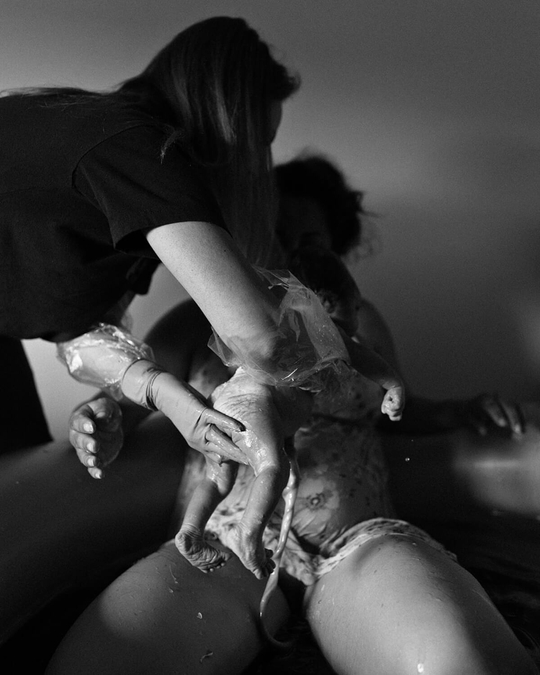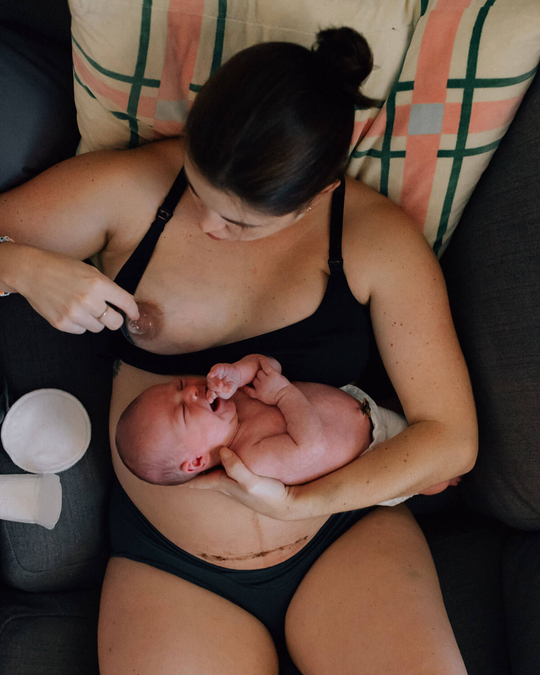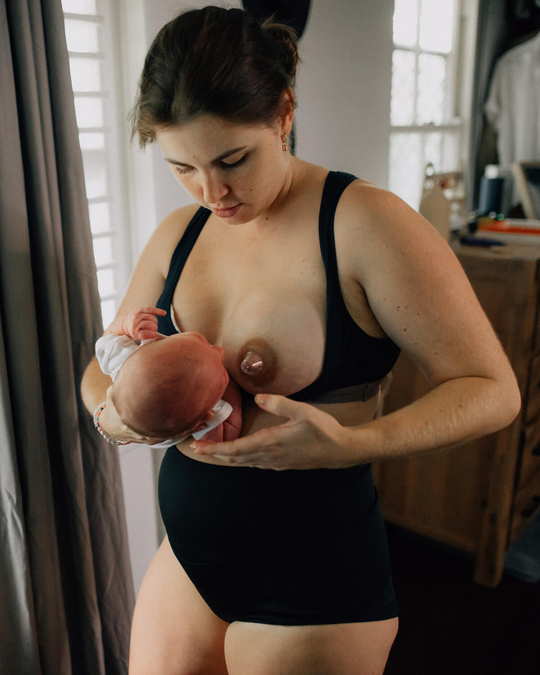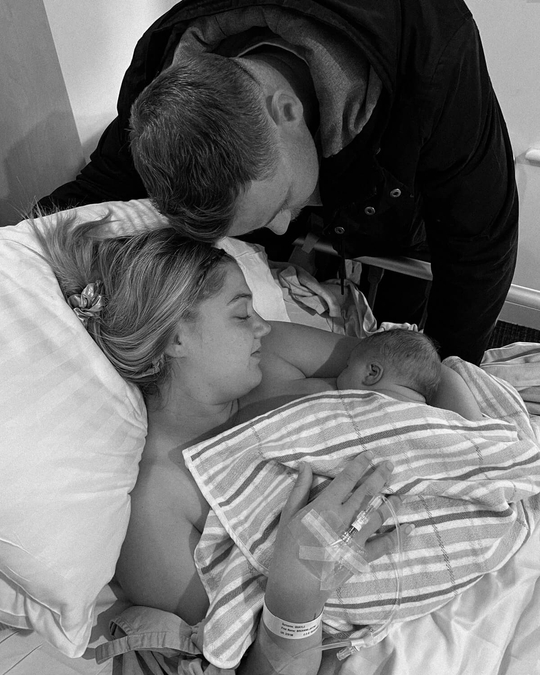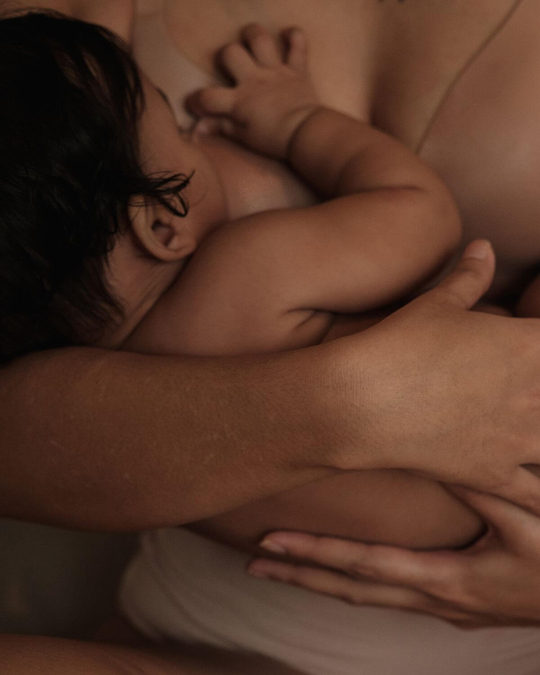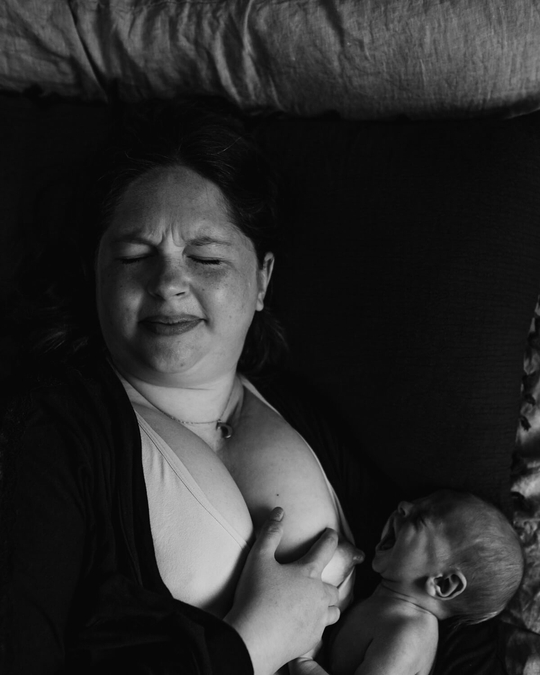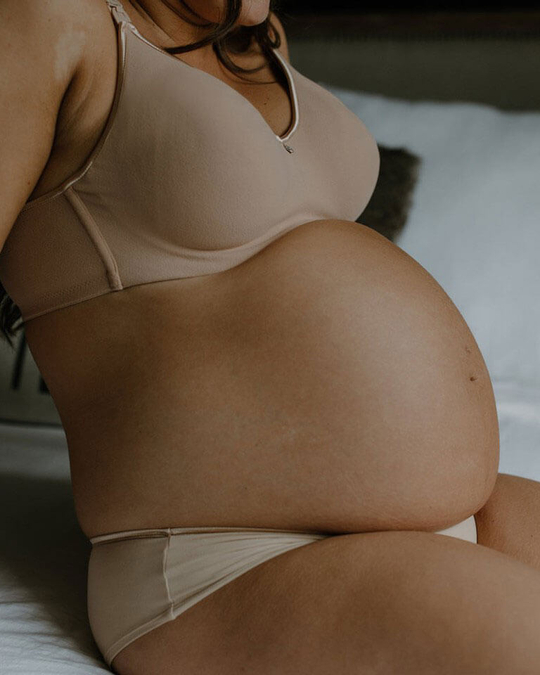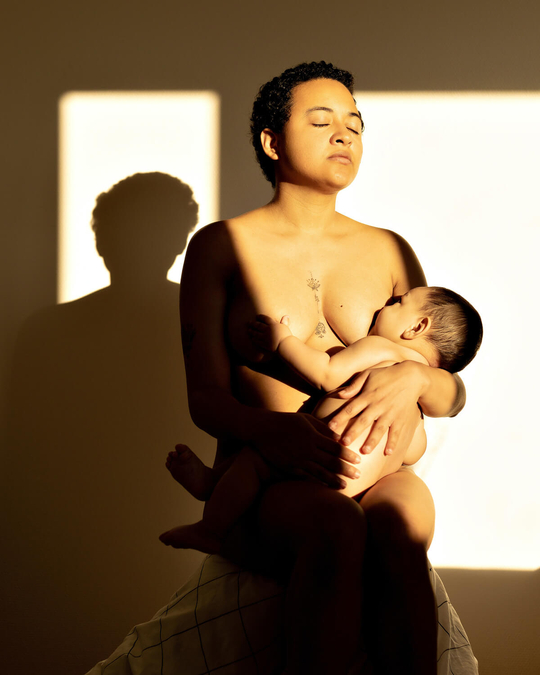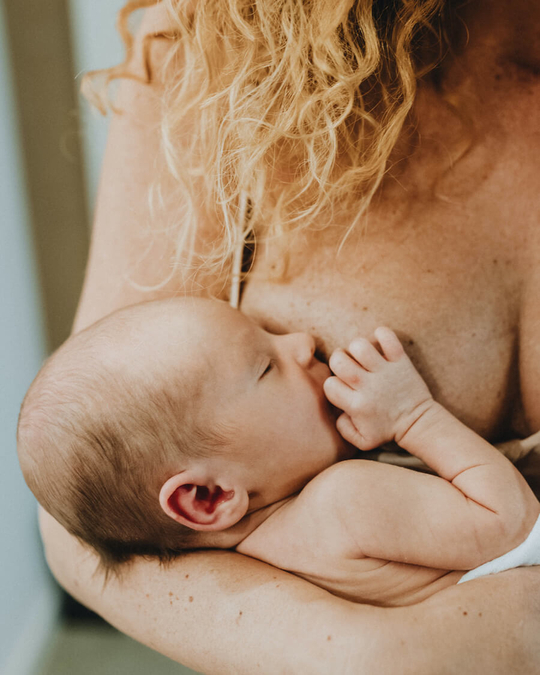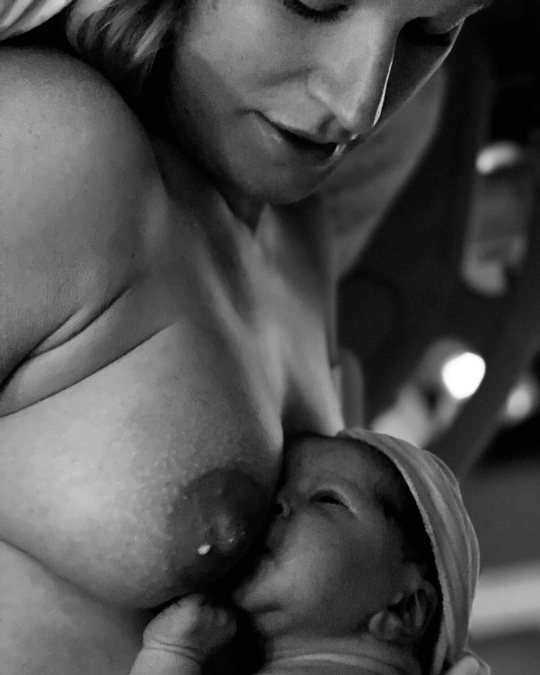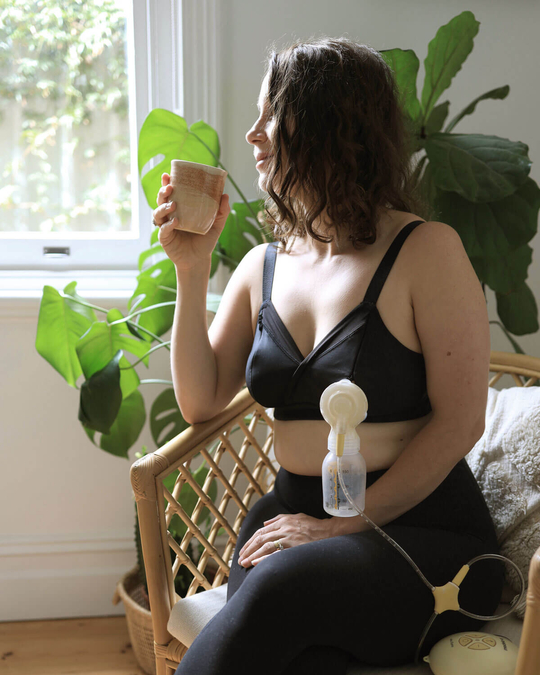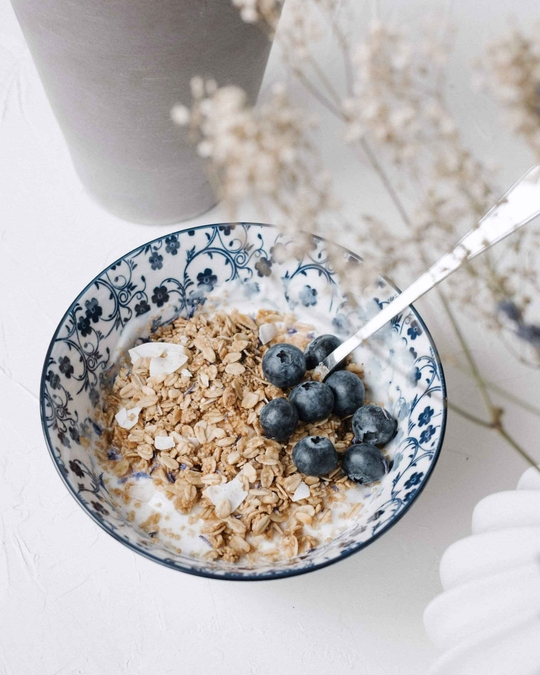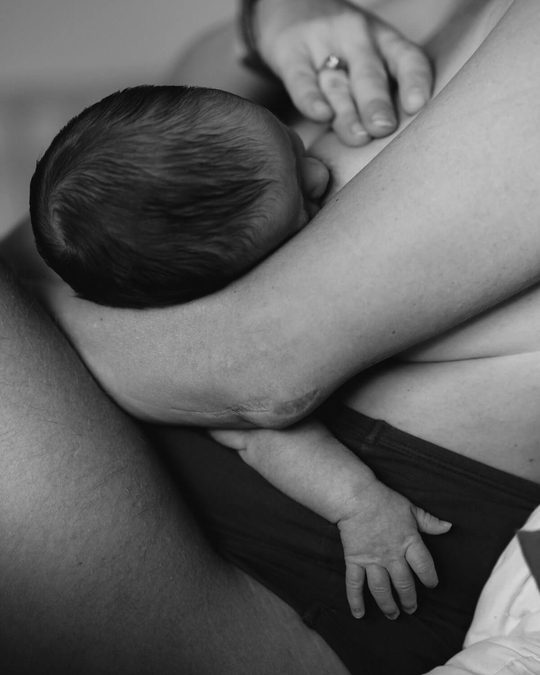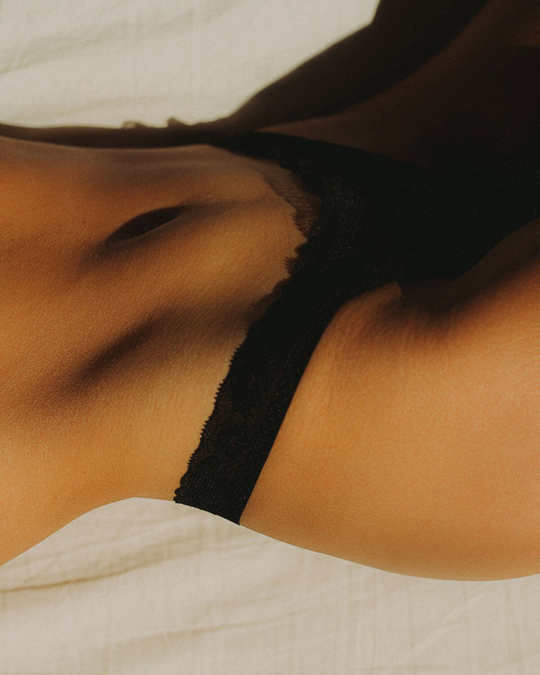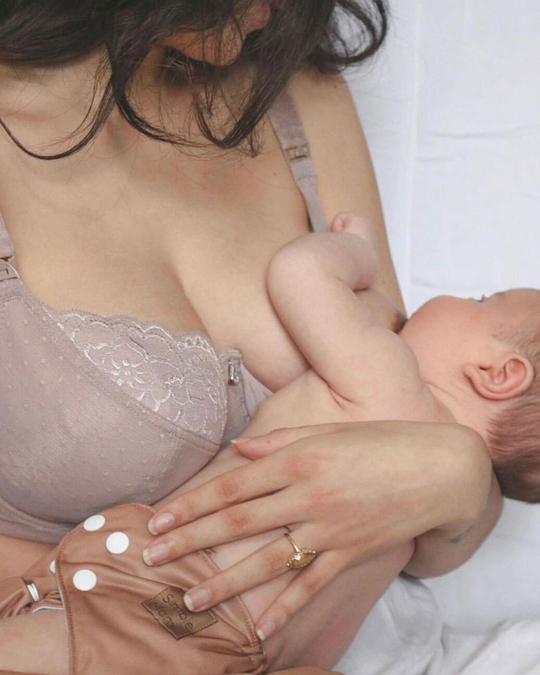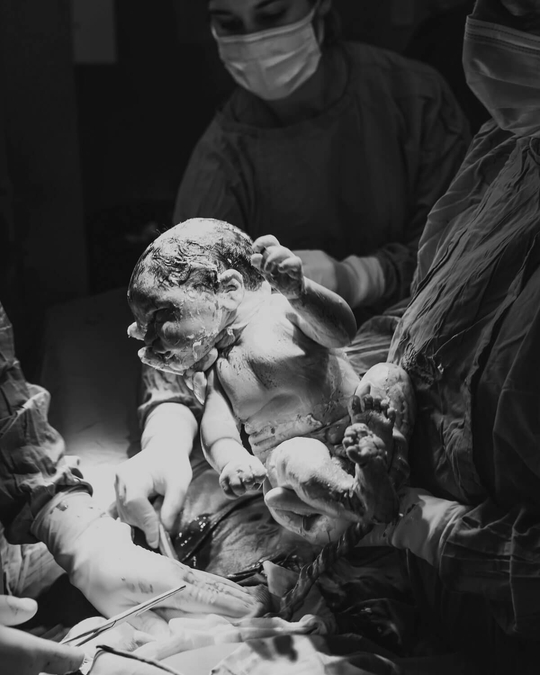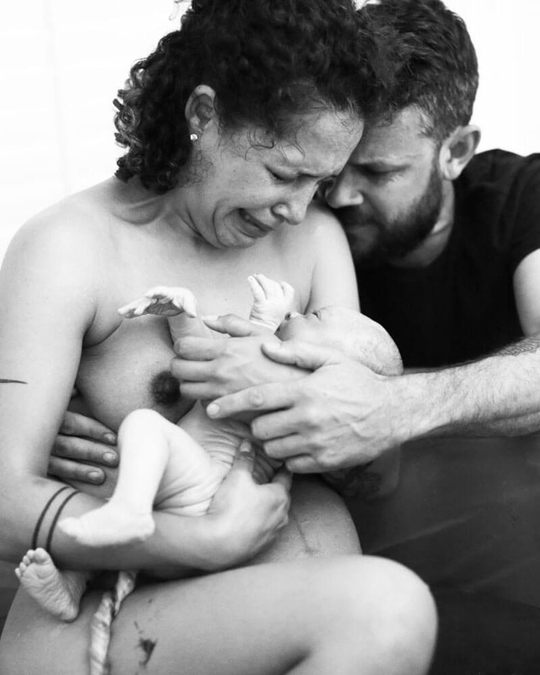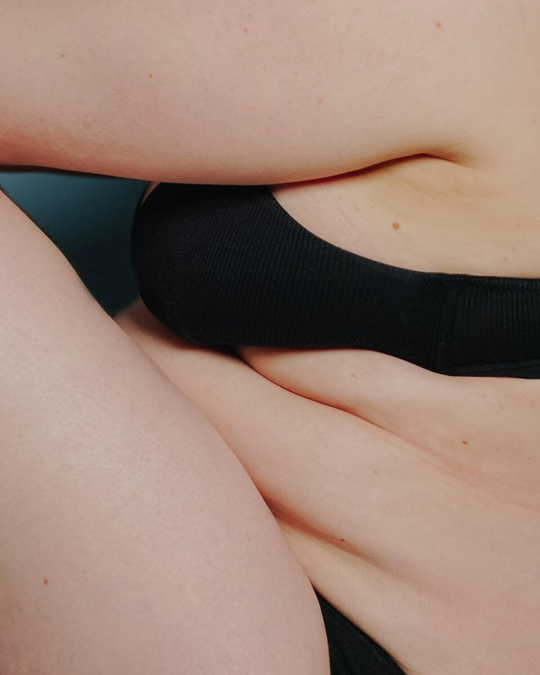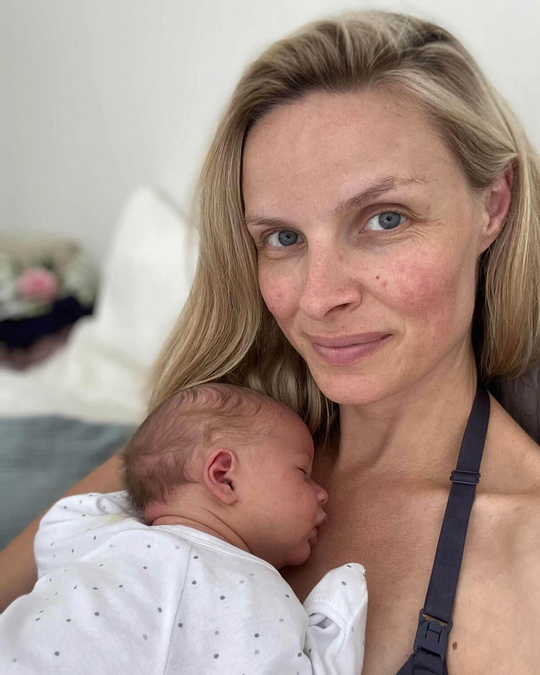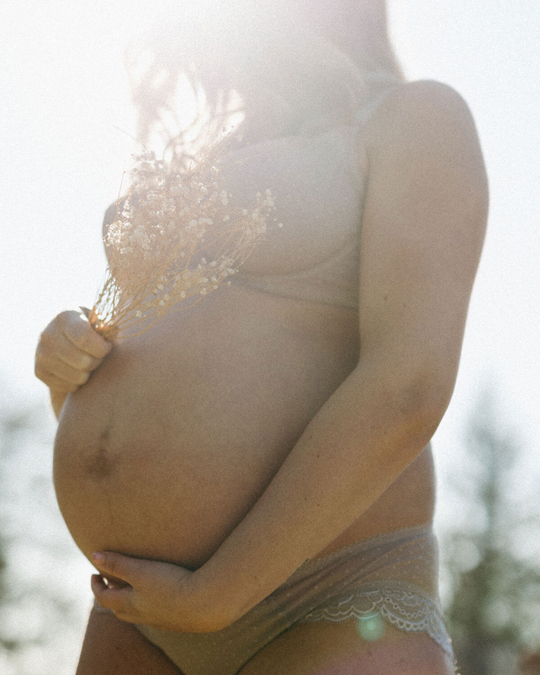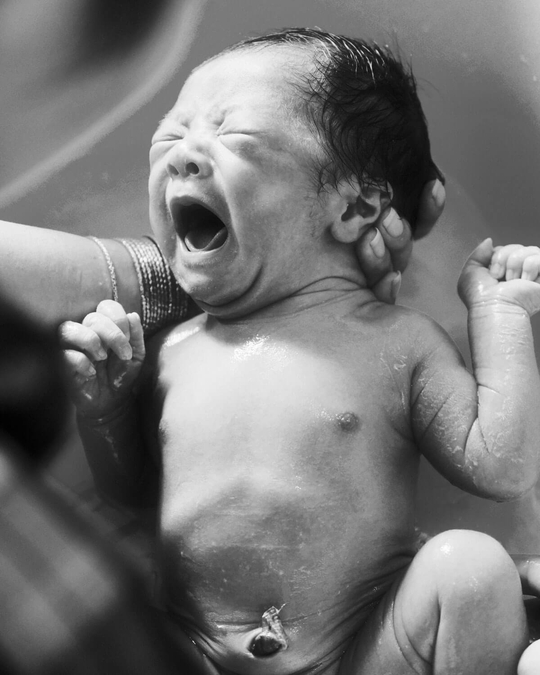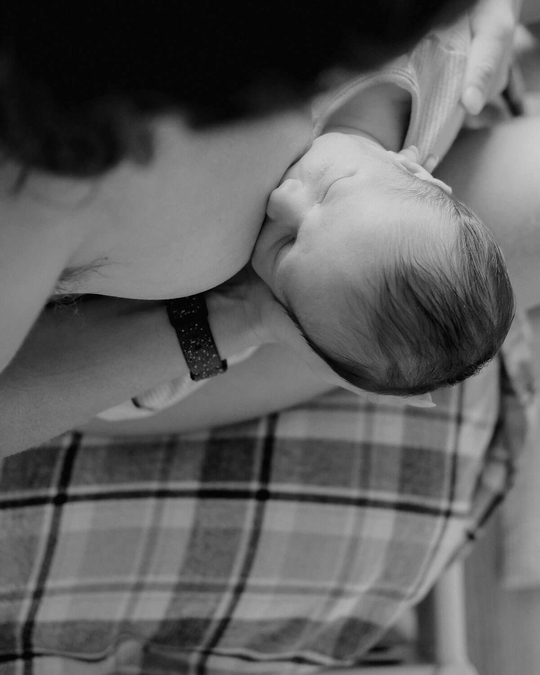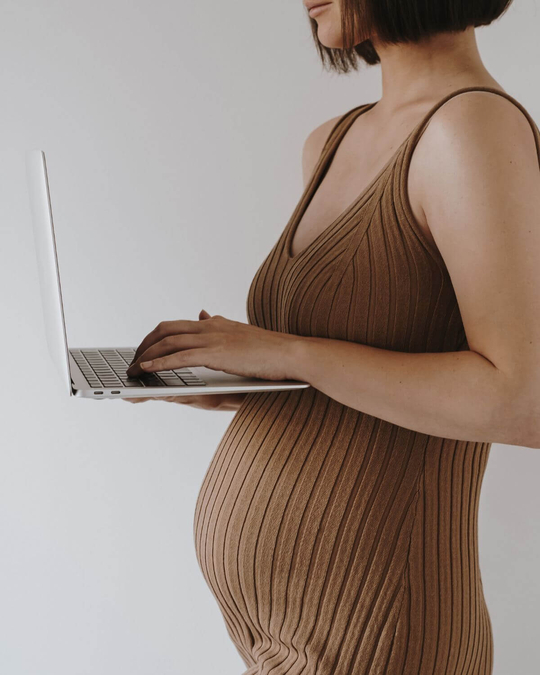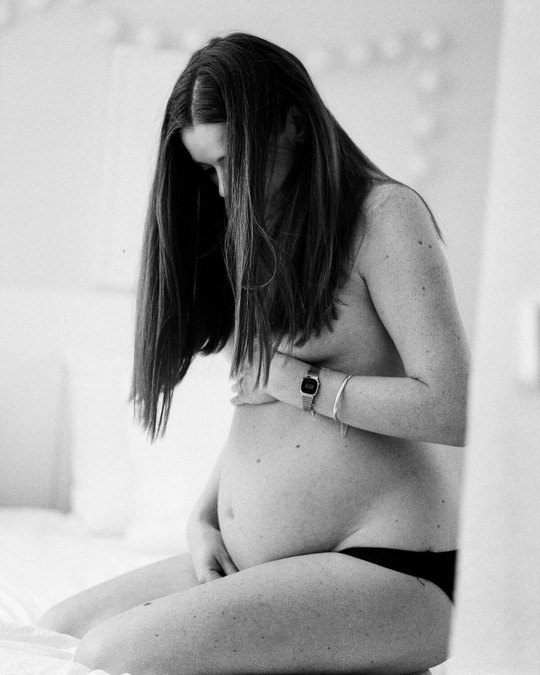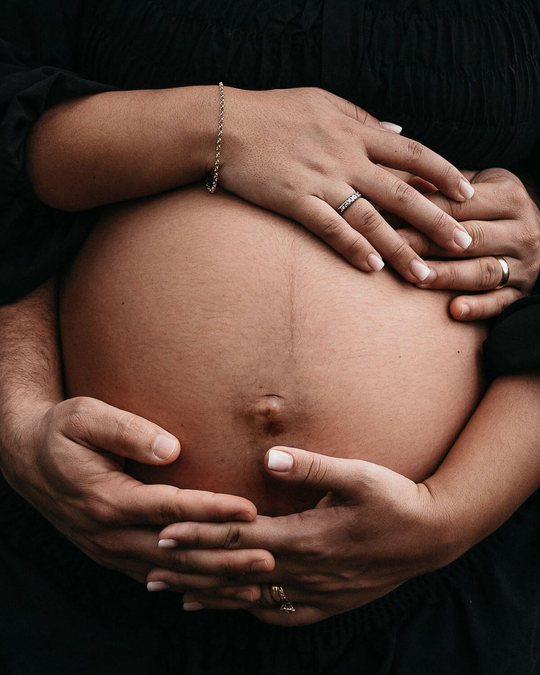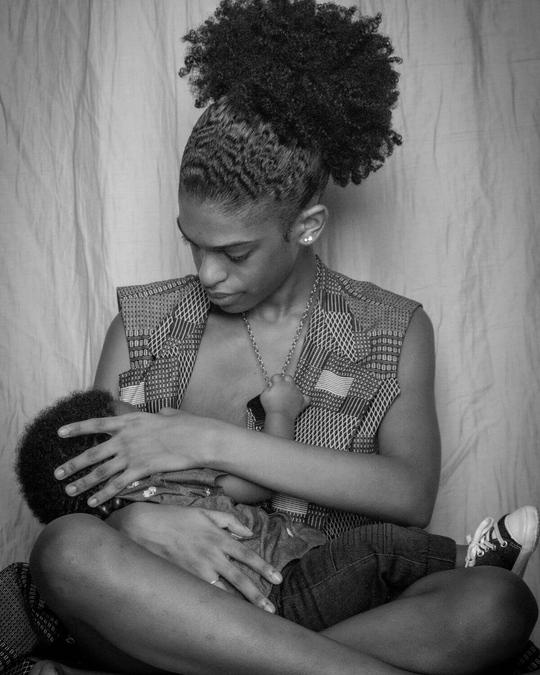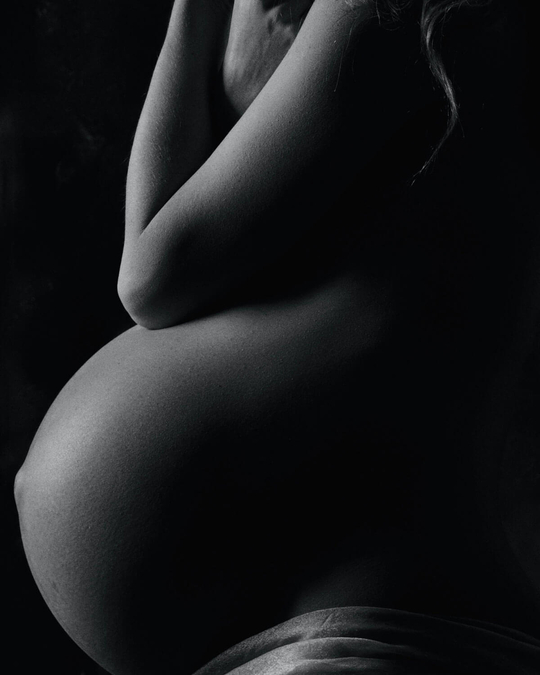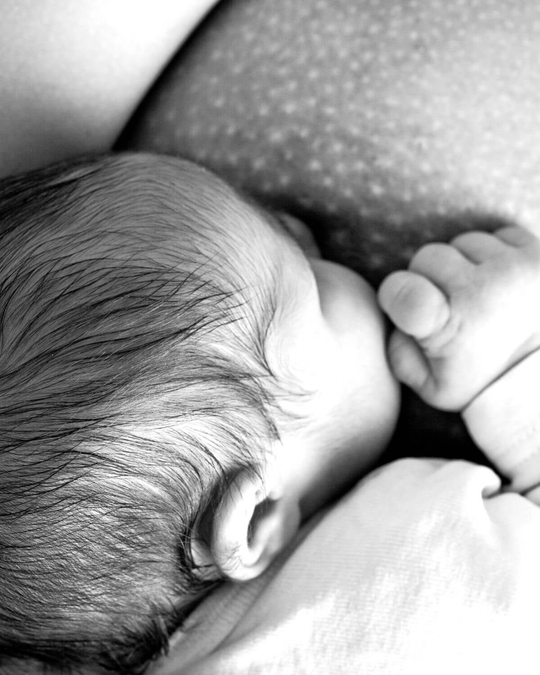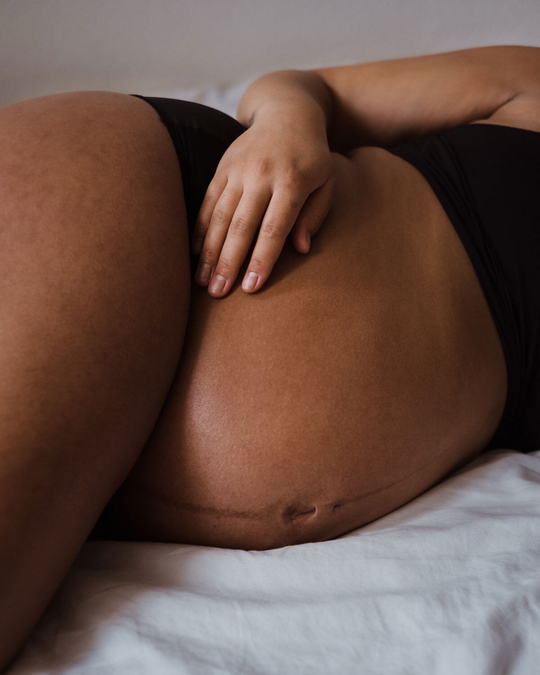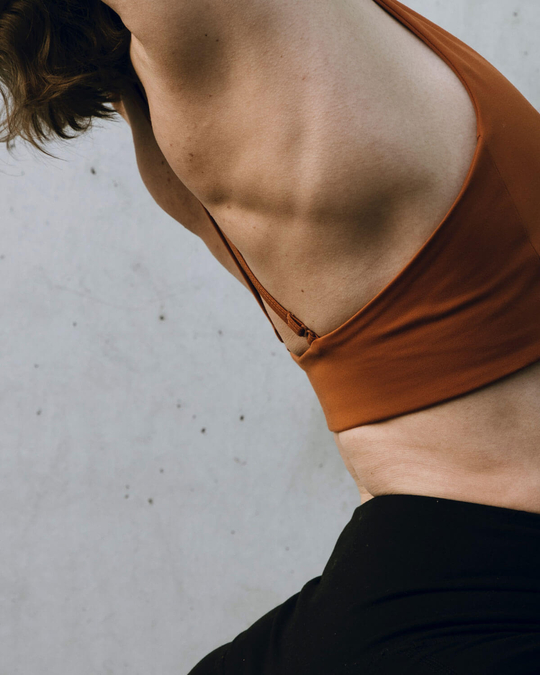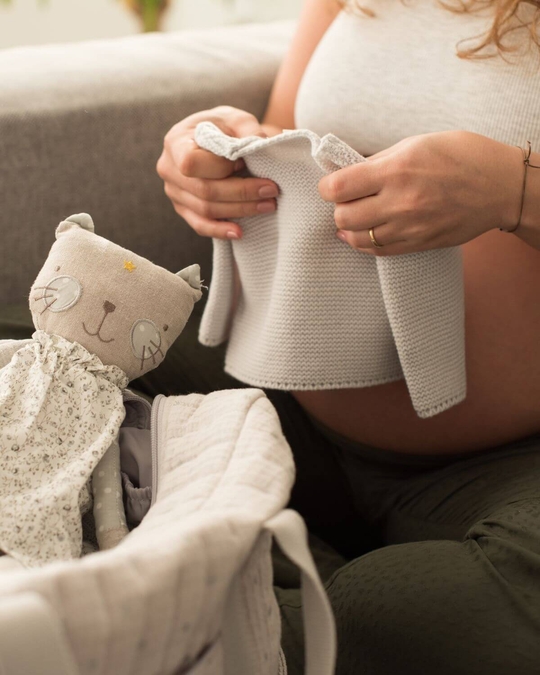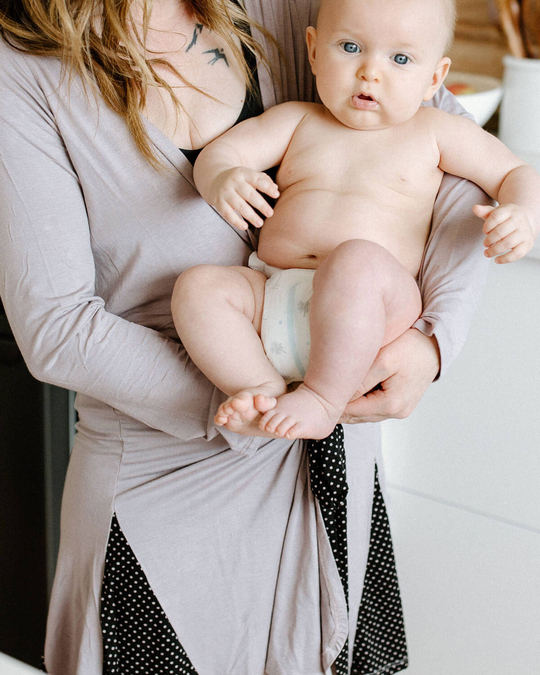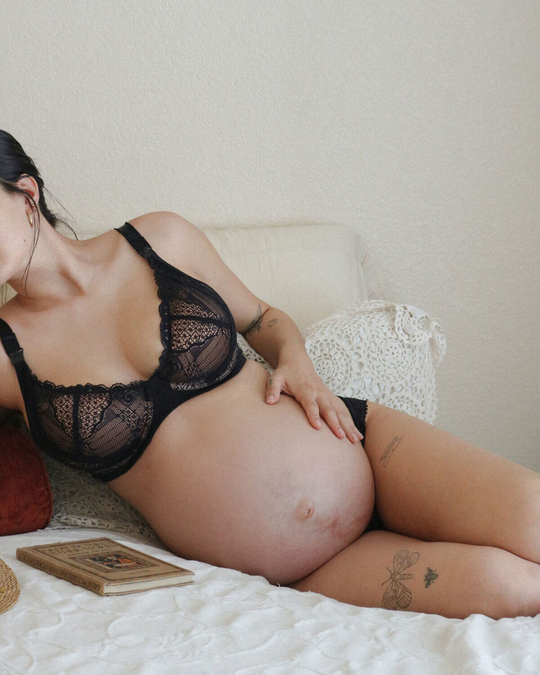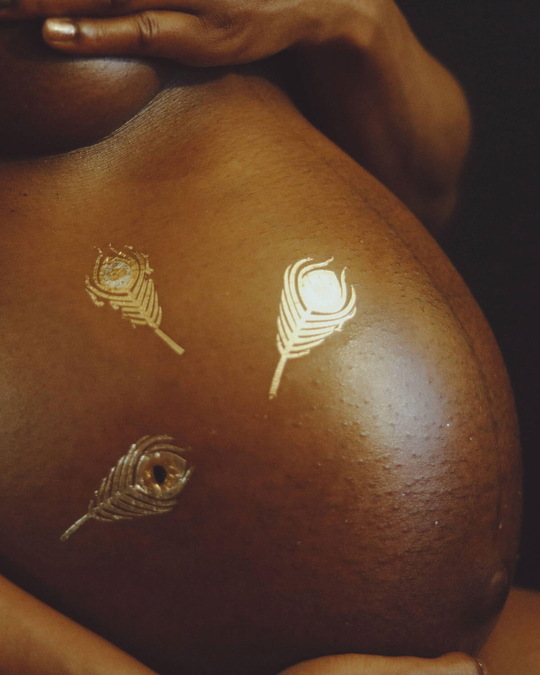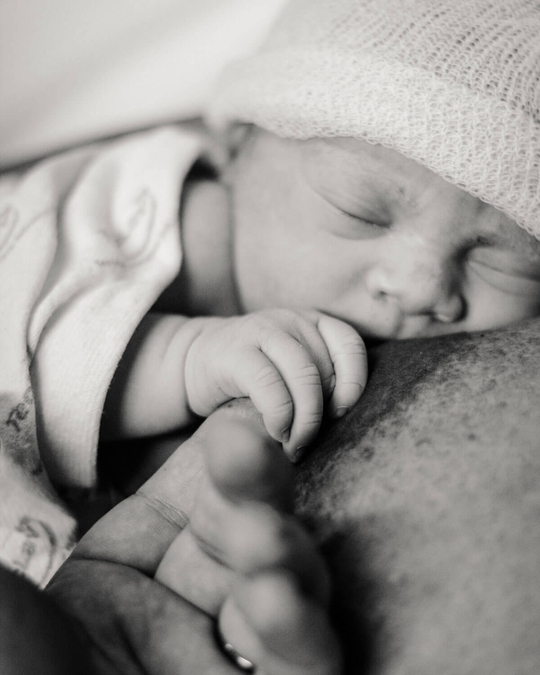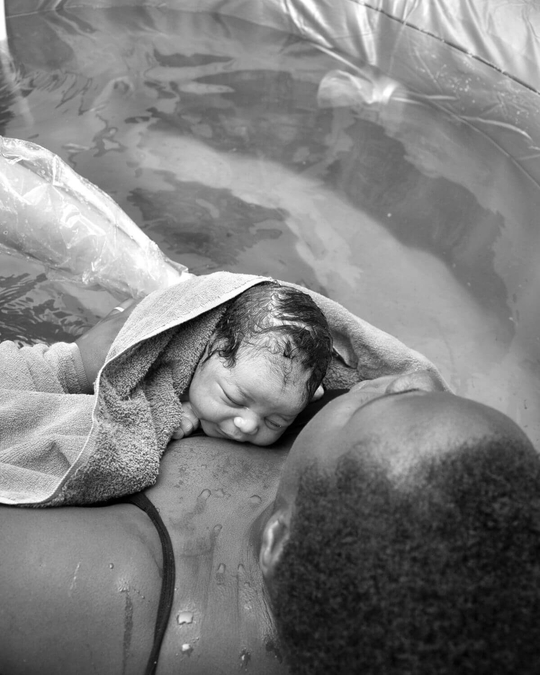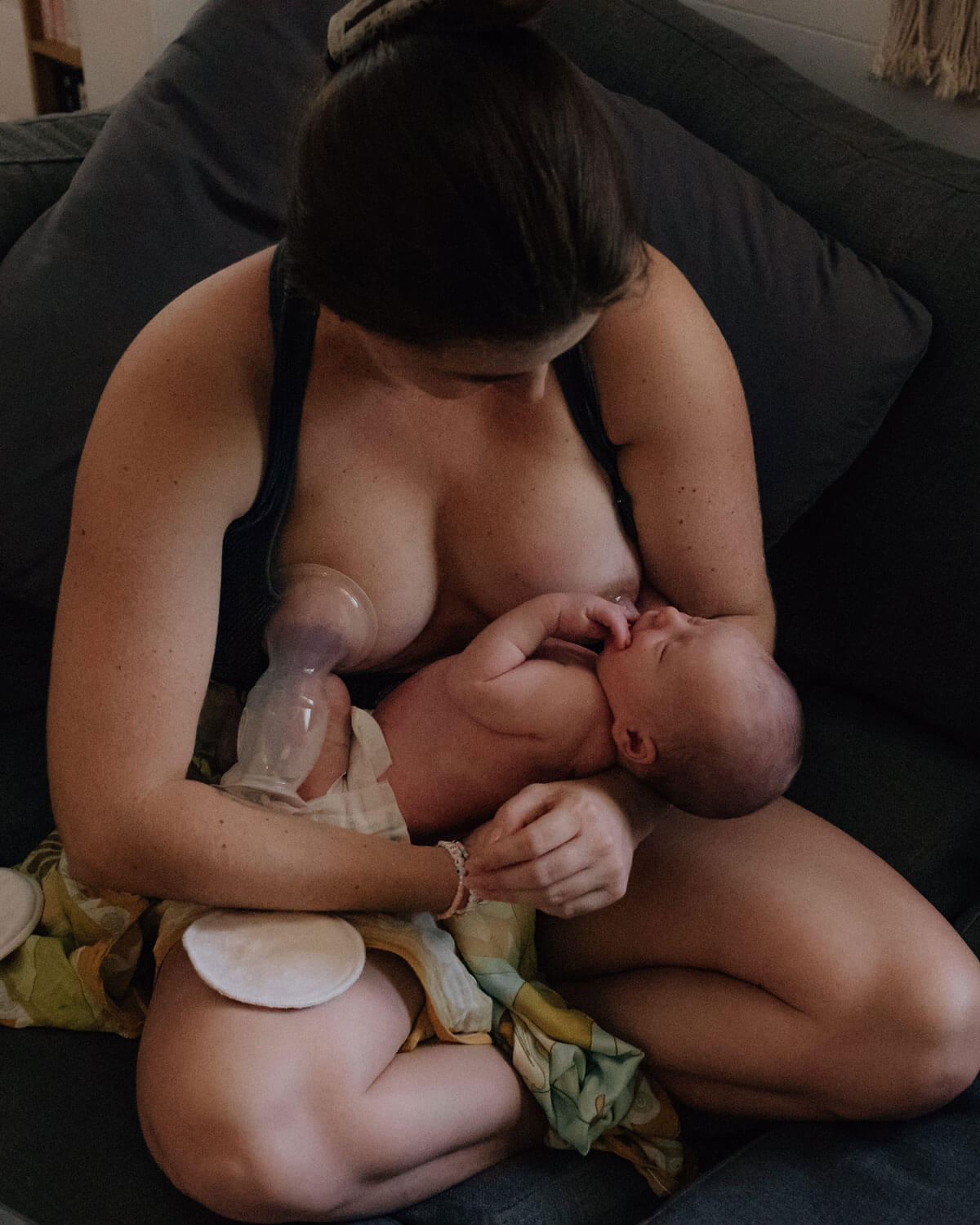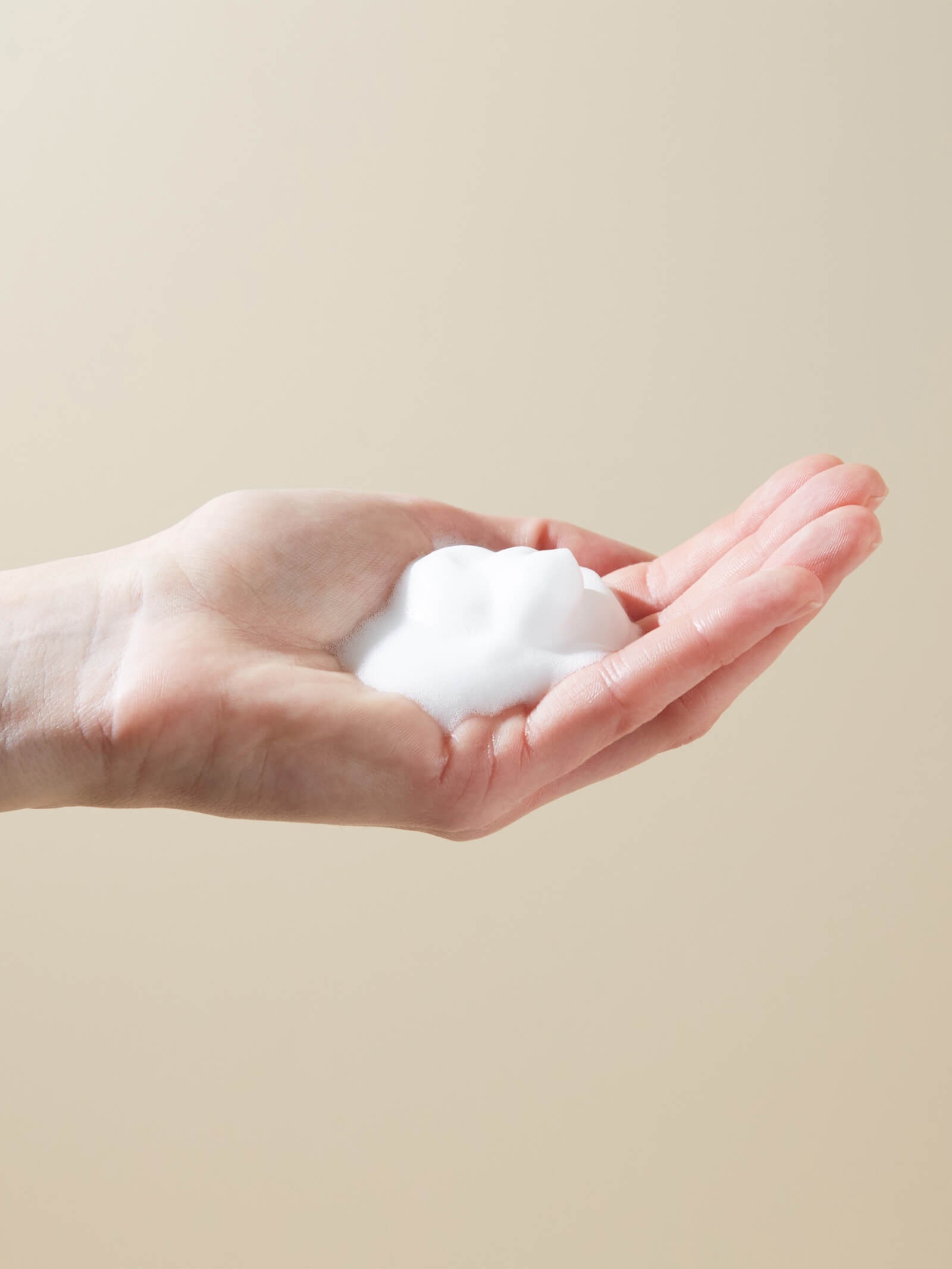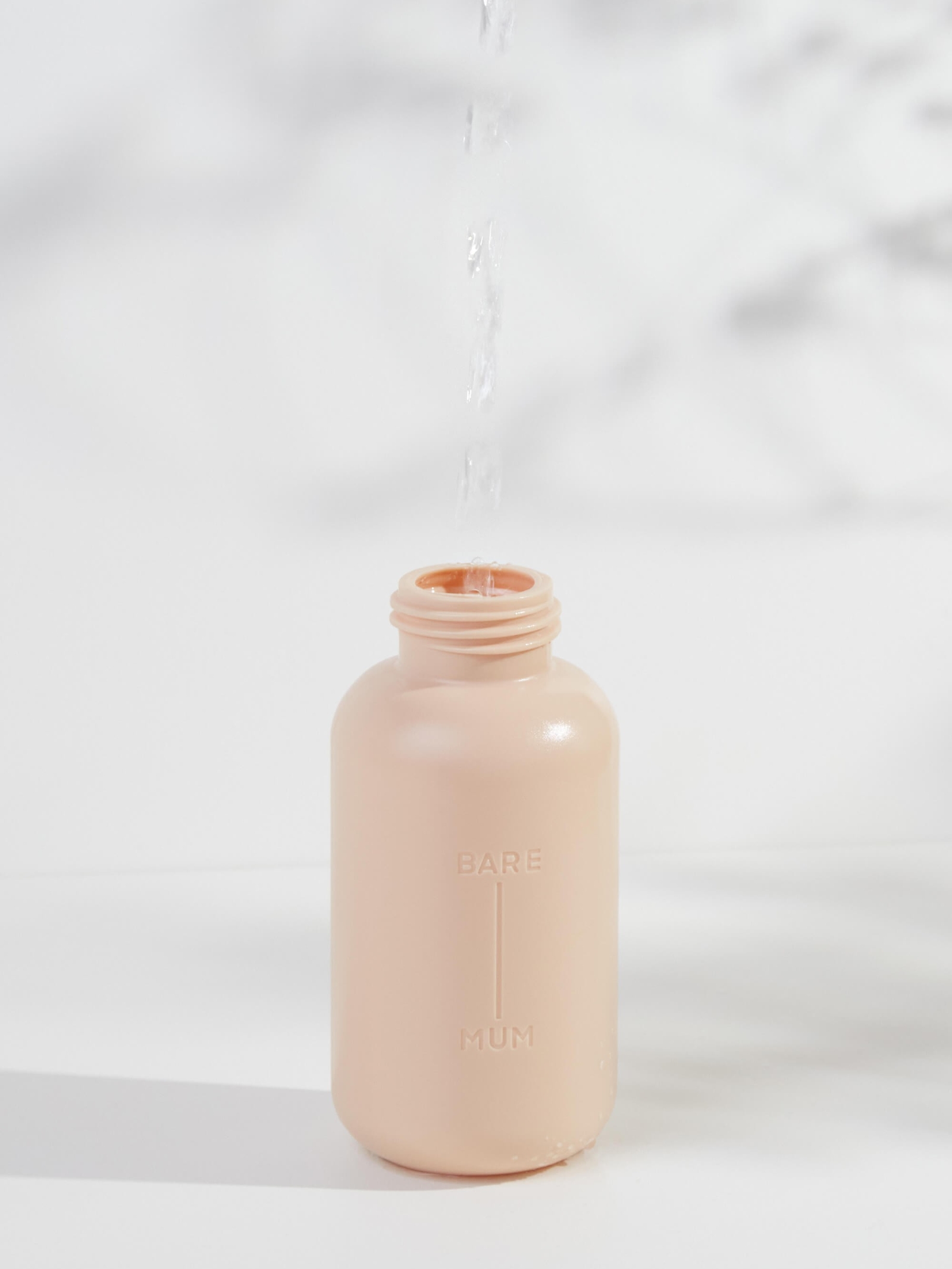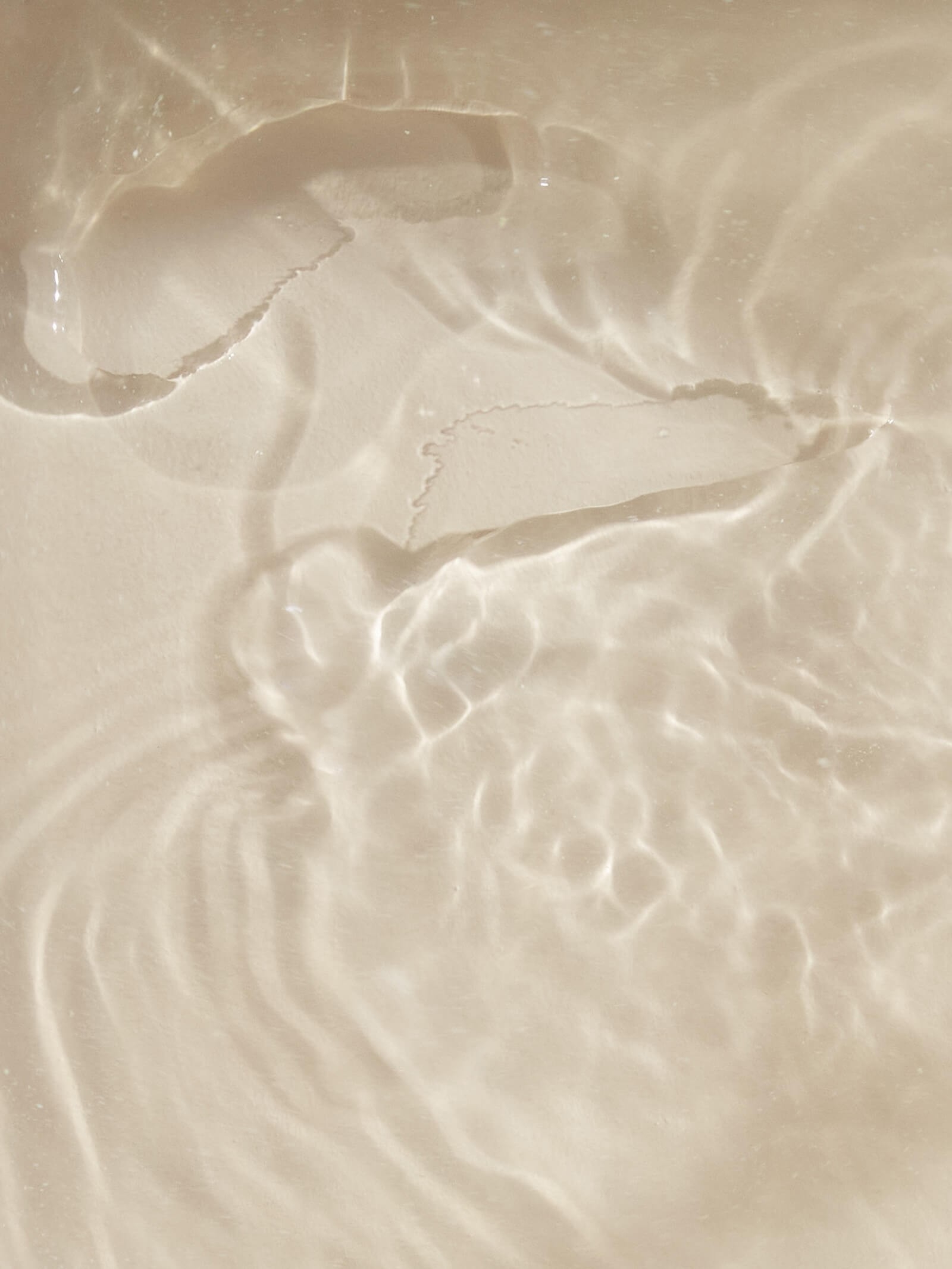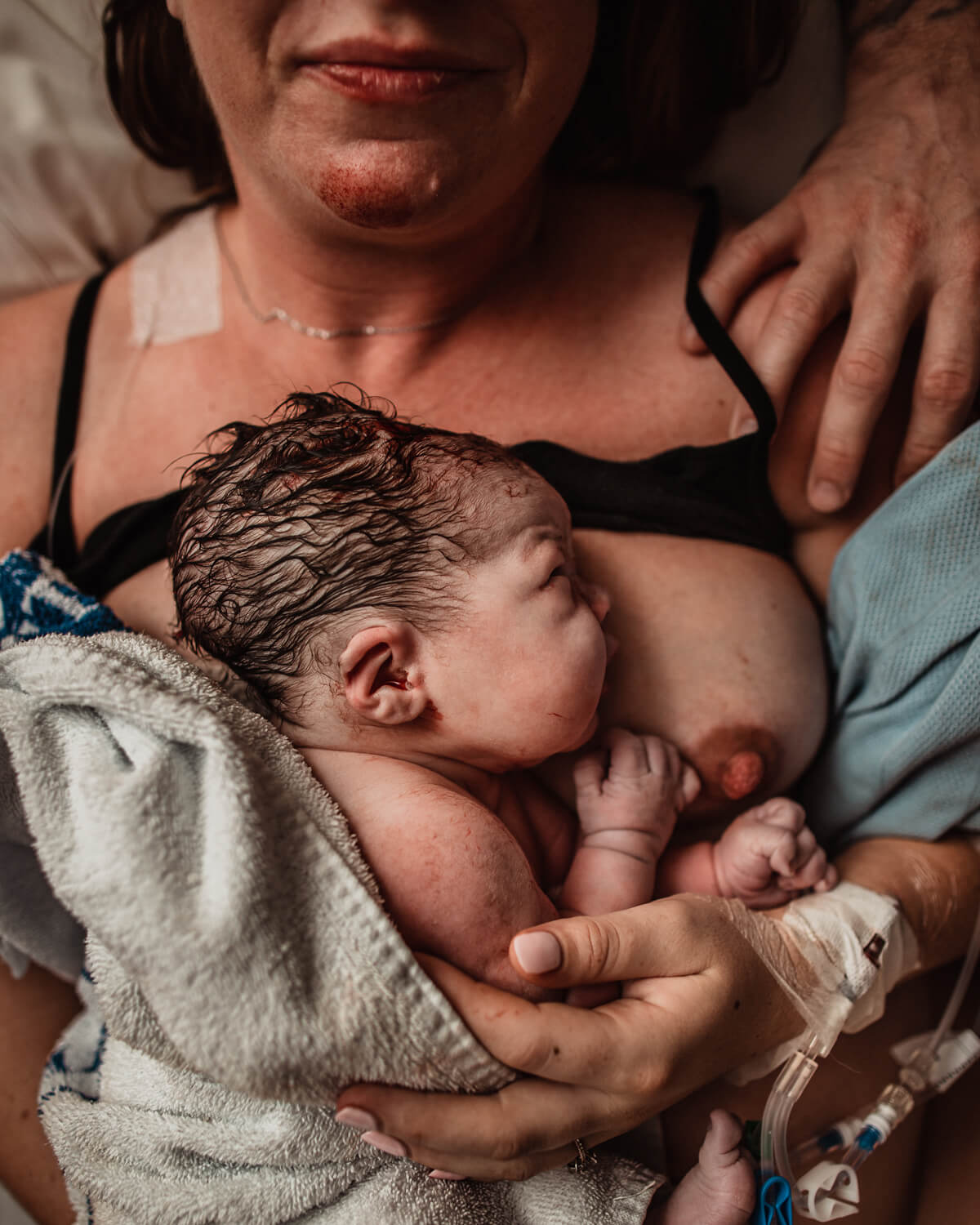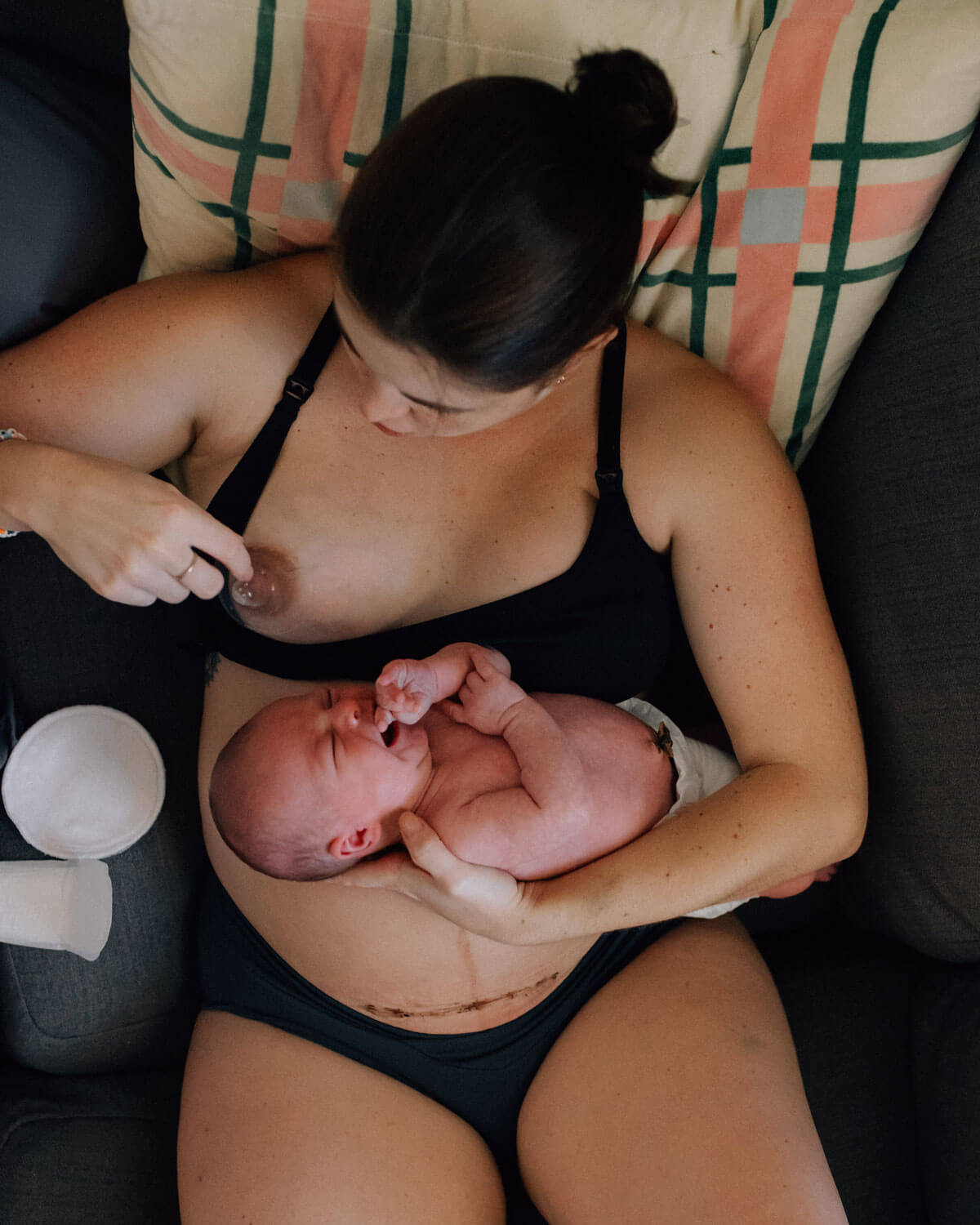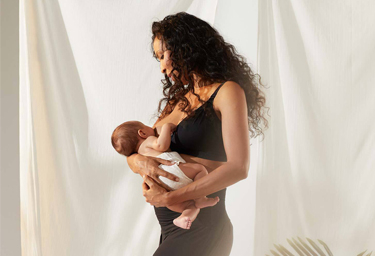Whether you’re trying to conceive, newly pregnant, about to have a baby or already breastfeeding your newborn — there’s a myriad of issues that you may encounter throughout your journey. Don’t worry though, as mamas ourselves we know exactly what you’re going through and have popped all of our tried and true solutions into one blog post.
Common Pregnancy Problems and Solutions
1. Morning Sickness
One of the unexplained joys of pregnancy. Some say that morning sickness is nature’s way of letting you know you are pregnant and to avoid certain foods (and alcohol) that could cause additional harm, such as pate, cheese and alcohol. Try eating smaller amounts of food and more bland flavours that are not rich or oily.
2. Heartburn & Constipation
The growth of your baby means less room for your other organs. The amount of blood flow increases and the amount of fluid you need also increases. If these are lacking, then constipation is more likely to occur. Make sure you’re eating plenty of fibre and fruits, and drinking lots of water to combat the effects.
Pregnancy hormones also relax your ligaments and muscles, and these can slow down food in the digestive tract leading to constipation. At the other end, these hormones can relax the sphincter from your oesophagus to your stomach, which can allow the digestive acids to flow back up and cause heartburn.
To reduce this naturally instead of opting for an antacid, try eating your food more slowly and having sips of water between mouthfuls. Chew your food thoroughly and swallow small bites at a time. Another helpful hint is to remain upright for at least half an hour after eating.
3. Fatigue & Exhaustion
Hormonal changes, especially increased progesterone levels, combined with your body producing more blood to carry nutrients to your growing baby, can result in fatigue and making you feel sleepy. Your body is trying to make you slow down, your blood sugar levels, and blood pressure can also be also lower contributing to these factors.
Try taking a morning walk or get your body moving to increase energy levels naturally and avoid the 3pm crash by staying away from sugar, chocolate, lollies and soft drink. Coffee is a no-no but if you need one, try to have this before noon to ensure a good night’s sleep.
4. Swollen Hands, Feed & Ankles
During pregnancy your body holds more fluid, which can make your hands, feet, and ankles swell. Make sure you’re able to move around every few hours, or preferably more, drink plenty of water, avoid salty foods and wear compression socks for a few hours a day or while sedentary.
5. Leg Cramps
Added weight from your baby growing can add extra pressure to your muscles, blood vessels and nerves, which may result in leg cramps. If you continue to stay strong and active, maintain a healthy weight and avoid excess sugar and salts, leg cramps may be less apparent.
Dehydration is another cause of leg cramps so make sure you’re keeping your fluids up with herbal teas and water. Avoid caffeine in tea, coffee, and sodas as these can add to dehydration.
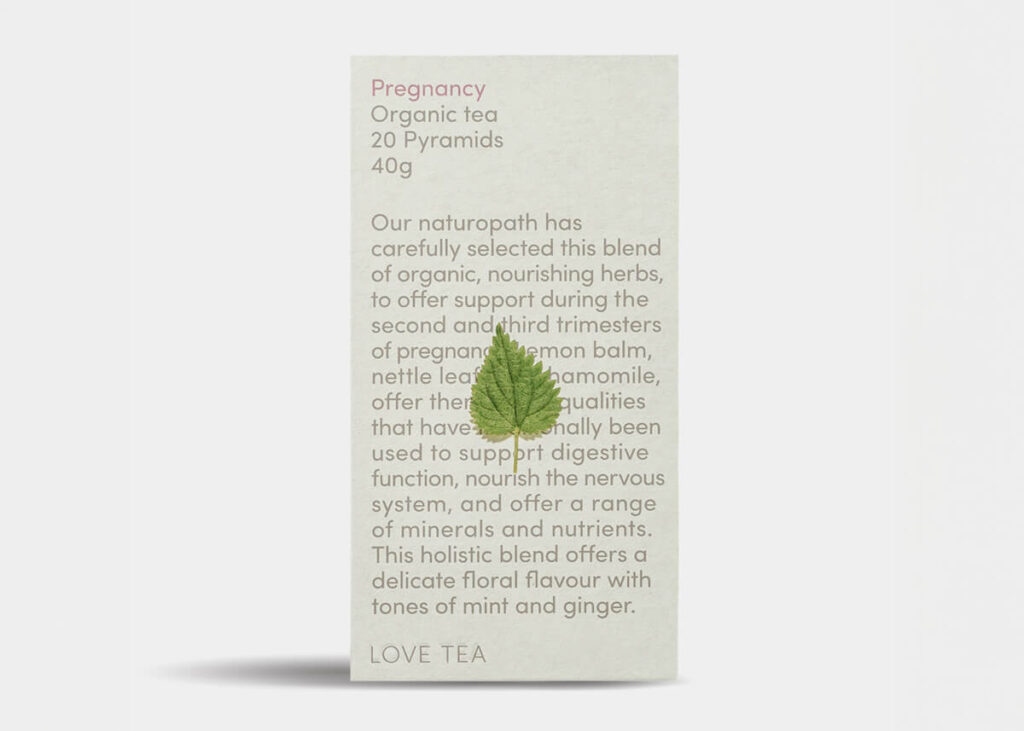
6. Stretch Marks
Stretch marks occur when the dermis (middle layer of your skin) becomes stretched and broken in places while growing. If your skin has higher collagen content you’re less likely to get stretch marks, but it can also be a result of heredity. Incorporate collagen into your diet and ensure your skin is always supple with body oils and moisturisers. Moisturise from the inside out and make sure you’re never dehydrated.
7. Sore & Tender Breasts
The changes in hormones and the fact that your breasts are getting ready for breastfeeding as soon as you become pregnant, means an increase in blood flow, breast size and fat deposits. As a result they can be tender and sore, which is why it’s recommended that you wear a seamless bra that will be supportive and comfortable and not restrictive.
8. Overheating
This can occur because your heart rate rises and more blood pumps through your body and your skin. This can in turn raise your metabolism which may increase your body temperature. Wear clothing that is breathable and comfortable, stay hydrated and try to sleep in a cooler room if possible.
9. Itchy Skin
Itchy skin is common in pregnancy and is thought to be caused from your skin stretching suddenly and being taut over your belly. Itchiness beyond the bump can be the result of the amount of certain chemicals increasing in your blood due to hormone changes.
To relieve the itch you can try cool baths and showers and wear breathable clothing. If you’re concerned about excessive itchiness, consult your healthcare practitioner as it could be a result of an underlying medical issue.
10. Blood Clots
Blood clots are more likely during pregnancy and birth as your body naturally clots more easily to lessen blood loss during labour and birth. Because of this, pregnant women may also experience less blood flow to the legs later in pregnancy due to the blood vessels being pressed around the pelvis from the baby growing.
Blood clots are more likely to occur if you’ve not been able to move or if you’ve been in a particular position for an extended period. For example, when you’ve had an operation or under sedation. If you have had a caesarean or a long labour, this can be more severe as your ability to walk around can be more limited.
Common Postpartum Problems and Solutions
1. Fluid Retention
To avoid this, make sure you’re drinking plenty of water and can move, preferably walk around. If you’re not able to do this then massage yourself or ask your partner to do this. Compression socks are also great to wear during birth and afterwards if movement may be compromised. Elevate your feet whenever you need to sit (within reason) and pop a pillow under your feet when sleeping.
2. Perineal Stitches
Whether you have torn or had an episiotomy, there may be some stitches that need attention and care. Make sure you’re able to keep the area cleaned and dressed as per your health practitioner’s advice.
3. Fatigue
Rest up prior to your birth as much as possible. Labour can last over 24 hours and is exhausting regardless of how long it takes. Nourishment, fluids, rest, and help from loved ones are the best ways to tackle this motherhood joy. Avoid fast foods, sugar, and coffee as these can lead to nasty energy level crashes.
4. Excessive Bleeding
There will always be bleeding after your birth, as it will be like having a period after 9 months of none. Ensure you’re keeping the area clean and are changing out your pads every 2 hours at least, and are able to shower 2–3 times a day.
5. Haemorrhoids
For some lovely reason, these are more likely to occur after pregnancy and birth. Make sure you’re drinking plenty of water and eating enough fibre to avoid these nasties. Because you’ve been pushing during birth, they are more likely to be present afterwards but can also occur after a caesarean.
6. Infections
Keep the area clean and change any incision dressings as per your health practioner’s orders. Drinking plenty of water and nourishing yourself will also help keep you healthy and hydrated to fight the infections if they occur.
Check out our range of maternity accessories designed to support expectant and new mamas on their journey through pregnancy, childbirth, and beyond.
Common Breastfeeding Problems and Solutions
1. Sore & Cracked Nipples
Your nipples aren’t used to being tugged and stretched, so they may become sore and cracked. The best thing for dry skin is to stay hydrated, particularly as breastfeeding is dehydrating. You need to consume a lot more water than usual to produce milk.
Preparation is key so make sure you’re massaging and playing with your nipples prior to birth using an organic nipple balm. Pain and sensitivity can also be reduced by using a nipple shield during breastfeeding.
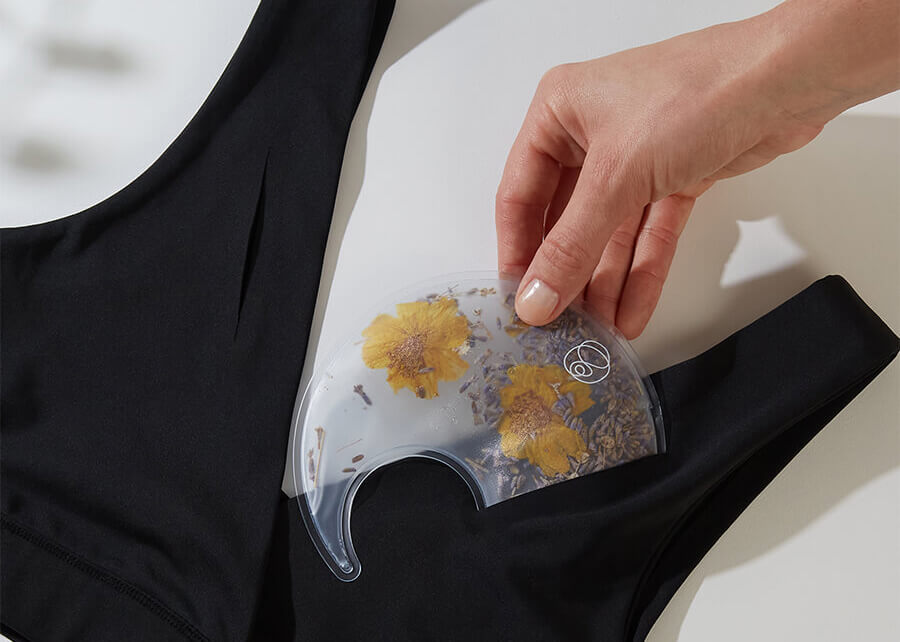
2. Clogged Milk Ducts
Some mamas just have ducts that are more prone to becoming clogged, so don’t be hard on yourself. It’s important to act immediately if you feel one coming on. To avoid pressure in one spot, avoid restrictive bras, sleeping on your stomach or carrying anything heavy on your front. Yes, this can be difficult when you need to carry a baby around. If you do have a clogged duct or the start of one, try hot and cool therapy, nursing from that side and massaging the lump towards your nipple when feeding.
3. Engorgement
When your milk first comes in, it can really come in. It can take up to 6–8 weeks of regulation to work out how much you need to make for how much your baby is drinking. Then this will all change again when your baby has a growth spurt, cluster feeds or if you miss a feed or two. Regular feeds are important to keep the constant production up and yes, this means through the night. Some mamas say they need their sleep, but your baby needs milk more. If we needed our sleep so much, mother nature wouldn’t have needed us to wake up during the night to feed our babies.
A well fitted and supportive bra that can handle your fluctuations is key if engorgement happens. Be sure to nurse, pump, or hand express when you’re engorged. Try not to over pump as this can lead to repeat engorgement.
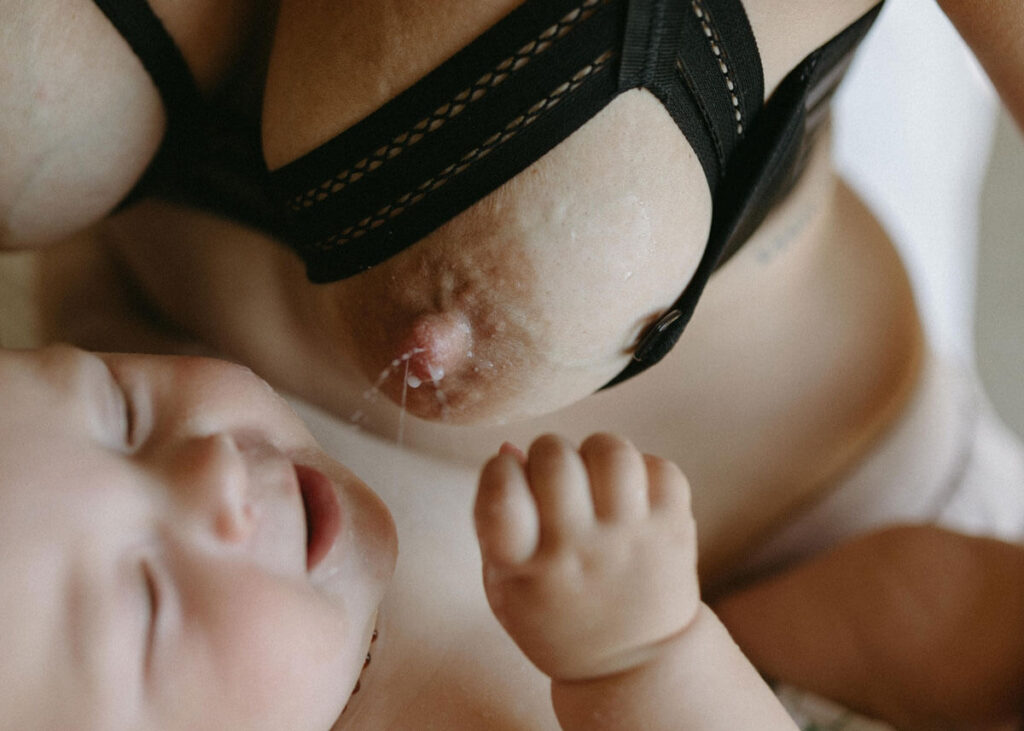
4. Leaking
We all know breastmilk is liquid gold. If you’re prone to leakage when you’re out and about, try reusable nursing pads or a leak-proof bra. If you tend to leak overnight and don’t feel like waking up to wet sheets, our Milk Bamboo Sleep Bra has moisture-wicking pockets to place your nursing pads in.
If you experience leaking on one side while you nurse from the other, try incorporating a Haakaa Pump into your routine.
5. Fluctuations
The best way to manage your fluctuations is by wearing a multi-cup fitting breastfeeding bra, which has enough stretch recovery to fit you at your fullest and when you’re just fed. During periods of rapid fluctuation, e.g. the first 6–8 weeks postpartum, it’s important to avoid underwire as any restriction can increase your risk of clogged ducts.
Experience comfort and flexibility with our range of nursing bras, uniquely designed for the under 8 weeks postpartum period.
While this seems like an extensive list of problems you may encounter during pregnancy, postpartum and breastfeeding, we can assure you that they’ll all be worth it when your little bundle enters the world. As always, if you’re particularly concerned it’s best to consult your medical practitioner.
LIKE WHAT YOU READ?
Join CakeMama Club & get 10% OFF your first order!
Plus you’ll get tips + tricks for pregnancy, postpartum & breastfeeding, get member-only offers, earn CakeCoins every time you shop + more. Learn more








